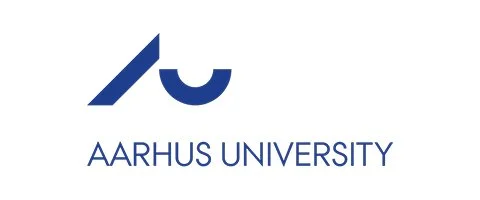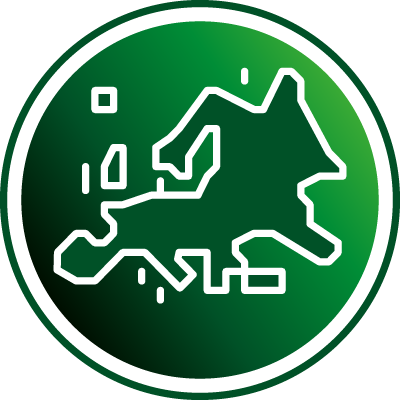
Rewilding synthesis
We will bring together the new research and lessons from wildE to produce practical outputs and tools. These will include: guidelines for including rewilding trade-offs and synergies in future modeling activities, policy recommendations, a web-based mapping tool and a manual containing operational guidelines for rewilding in Europe.
To produce these resources we will:
Identify key synergies, trade-offs and risks in the climate-biodiversity nexus across Europe under different climate change and land-use change futures
Generalise findings across a large diversity of rewilding contexts and test down-scaling EU patterns to rewilding cases
Establish the relative importance of societal costs and benefits for different rewilding archetypes
Derive policy recommendations based on the overall project synthesis and prepare high-quality contents for communicating and dissemination
Partners involved.
-

INRAE
-

Karlsruhe Institute of Technology
-

Oppla
-

University of Copenhagen
-

KNAW
-

CREAF
-

Humboldt University of Berlin
-

European Forest Institute
-

Lund University
-

Biopolis
-

SAS - Institute of Forest Ecology
-

IUCN
-

Martin-Luther-Universität Halle-Wittenberg
-

Wageningen University
-

Aarhus University
Meet the team
-

Jette Bredahl Jacobsen
Jette Bredahl Jacobsen is the project leader for rewilding synthesis. Jette is also engaged in the other work packages, especially WP2, where she is task leader of T2.5 ‘Estimating values of rewilding benefits’. Jette is professor in environmental and resource economics at The University of Copenhagen, where they work with various aspects, but in particular climate, biodiversity, forests.
-

Lluis Brotons
Lluís Brotons is the projects co-lead for rewilding synthesis, leading task 3.3 on biodiversity modelling. He is CSIC research scientist at CREAF in Barcelona, where he leads a research group on biodiversity and landscape ecology in a global change context.
Discover more.
-

Rewilding baselines
Identifying factors that make rewilding attempts more likely to be successful and developing a framework which uses European-wide data to identify rewilding opportunities.
-

Rewilding practice
Working with stakeholders at eight carefully selected rewilding sites across Europe to gather first-hand information on how rewilding solutions can effectively support nature and people whilst being economically viable.
-

Rewilding futures
Using advanced modeling techniques and rewilding scenarios to better understand how environmental and societal changes in the future might affect the potential for rewilding in Europe.
-

Rewilding dialogue
Ensuring there is effective two-way dialogue with key rewilding stakeholders. This includes engaging local stakeholders at eight rewilding sites and working with key scientific and policy stakeholders.

